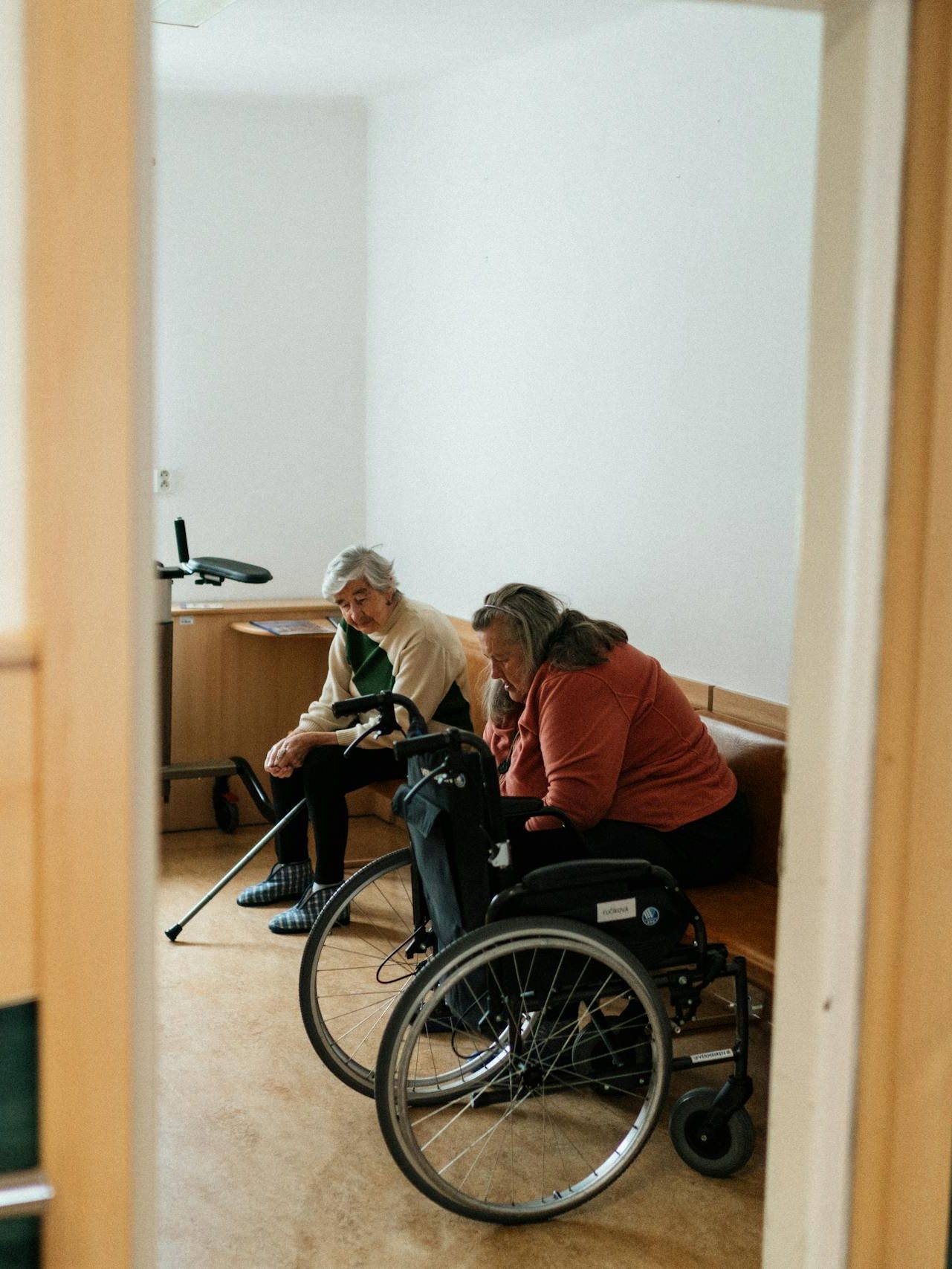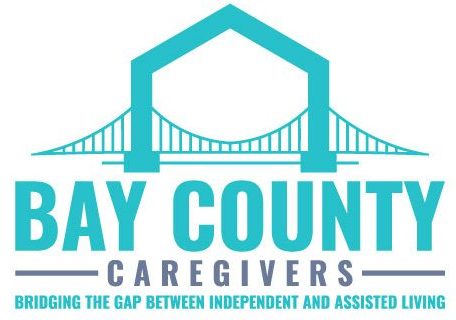Home Care vs Nursing Homes: Which is right for your loved one?

When it comes to deciding the best care option for a loved one, many families face a crucial choice: home care or a nursing home. Each option has its unique benefits and considerations, and understanding them can help you make an informed decision.

Home Care
Home care allows individuals to receive medical and personal support in the comfort of their own home. This option can include a range of services, from basic help with daily activities to more intensive medical care provided by registered nurses.
Advantages:
- Comfort and Familiarity: Being at home provides a sense of security and comfort, which can be particularly reassuring for those with cognitive impairments.
- Personalized Care: Home care services can be tailored to meet the specific needs of the individual, allowing for a more personalized approach.
- Flexibility: Care can be adjusted based on the person’s changing needs, and services can be provided on a part-time or full-time basis.
Considerations:
- Caregiver Availability: Finding a qualified caregiver can be challenging, and it’s important to ensure they are properly vetted.
- Home Modifications: The home may need to be modified to ensure safety and accessibility, which can involve additional costs.
- Limited Social Interaction: Depending on the level of care, there may be fewer opportunities for social engagement compared to a community setting.
Nursing Homes
Nursing homes, or skilled nursing facilities, provide 24/7 medical care and supervision for individuals with significant health needs. These facilities are equipped to handle more complex medical conditions and offer a range of services from rehabilitative care to long-term care.

Advantages:
- 24/7 Medical Care: Nursing homes offer round-the-clock medical supervision, which is ideal for individuals with complex or severe health conditions.
- Social and Recreational Activities: Residents have access to organized activities, social events, and communal dining, which can enhance their quality of life.
- On-site Amenities: Many facilities offer additional amenities such as physical therapy, occupational therapy, and specialized medical services.
Considerations:
- Adjustment Period: Moving into a nursing home can be a significant adjustment for both the individual and their family, and it may take time to acclimate to the new environment.
- Less Personal Space: Living in a nursing home means less privacy and personalization of living space compared to home care.
- Cost: Nursing homes can be more expensive than home care, and the cost can vary widely based on location and level of care needed.
Making the Decision
Choosing between home care and a nursing home depends on various factors, including the individual’s medical needs, personal preferences, and financial considerations. It’s important to evaluate the level of care required, the potential impact on quality of life, and the practicalities of each option.
Ultimately, the goal is to ensure that your loved one receives the appropriate care and support in an environment where they feel safe, comfortable, and valued. Whether you choose home care or a nursing home, taking the time to thoroughly research and consider all options will help you make the best decision for their well-being.






